We understand how difficult it can be to stop using Zoloft (Sertraline) and begin the withdrawal and detox process.
Before you make any decisions, you should ensure that you are as informed as possible about what you can expect and how to proceed safely.
Detoxing from Zoloft can be potentially dangerous, which is why you should only do so with the guidance and supervision of your doctor or another medical professional.
Continue reading to learn more about Zoloft withdrawal and detox and how to prioritise your physical and mental health during this process.
What is Zoloft (Sertraline) and How Does it Work?

Zoloft is a prescription antidepressant used to treat the symptoms of depression and other mental health conditions.
It is also commonly known as Sertraline and is usually found in pill form which can be taken orally as directed by your doctor.
Below are some of the conditions that can be treated with Zoloft:
- Depression
- Panic disorder
- Obsessive-compulsive disorder (OCD)
- Social anxiety disorder
- Premenstrual dysphoric disorder (PDD)
Zoloft is an SSRI, which stands for selective serotonin reuptake inhibitor.
In many of the above conditions, there is not enough serotonin being released into the brain. This medication helps to restore a healthy balance of serotonin and can lift your mood as a result. [1]
Due to these effects, Zoloft is often used illegally. But when used as part of a medical treatment advised by your doctor, it can be a useful and effective medication.
Is it Safe to take Zoloft?
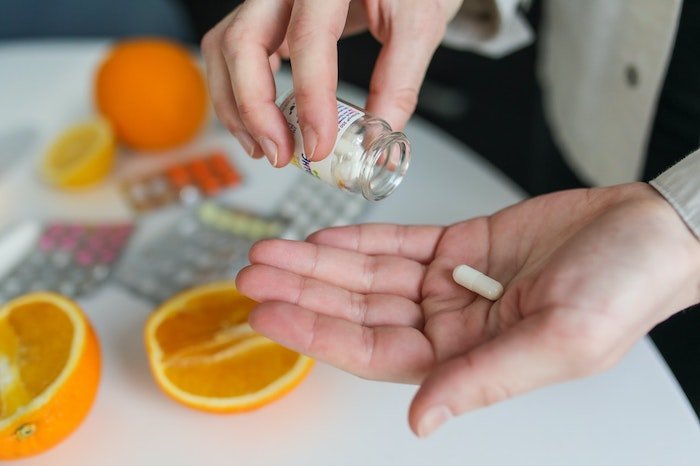
If you have been prescribed Zoloft (Sertraline) by your doctor and are taking it as directed, this medication is relatively safe.
However, there is still a risk that you will become addicted to Zoloft despite taking precautions.
It is dangerous to take Zoloft if it has not been prescribed to you. This puts you at risk of overdose, addiction or other serious side effects, including Zoloft withdrawal.
You must refrain from drinking alcohol while taking Zoloft, as it can increase your levels of intoxication much more quickly.
There is also a risk that taking Zoloft can make you more aggressive and violent, and potentially increase your chances of suicidal thoughts and behaviours.
This is thought to be particularly apparent in teenagers or young adults, and also soldiers who are experiencing or have experienced war.
If you experience vomiting or diarrhoea when using Zoloft, speak to your doctor as this can lead to dehydration or heart failure.
You should also let your doctor know if you experience any sudden mood changes when taking this medication, as this could be a sign that Zoloft isn’t right for you.
What are the Differences Between Prozac and Zoloft?

Prozac and Zoloft are both SSRIs and may be prescribed to treat depression and other mental health disorders.
While they share many similarities, they also have several differences.
As well as being prescribed to treat depression, panic disorder and obsessive-compulsive disorder (OCD), Prozac may also be used in cases of bulimia and binge eating disorder.
The side effects of both medications are also similar, although Zoloft may cause a range of gastrointestinal problems and Prozac users are more likely to report headaches.
As with Zoloft (Sertraline), you should only use Prozac if you have been prescribed this medication by your doctor.
Is Zoloft Addictive?
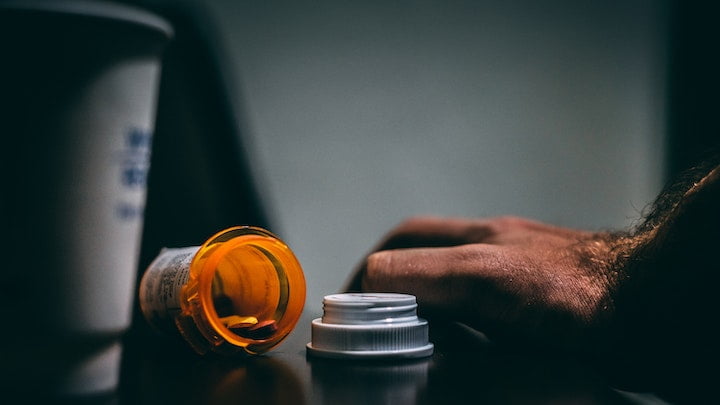
Zoloft is a highly addictive drug, and even people who are prescribed this medication by their doctor are at risk of developing an addiction.
Of course, this means that anyone using Zoloft illegally is at an even higher risk of becoming addicted.
As Zoloft increases the amount of serotonin in the brain and causes feelings of euphoria and pleasure, it is making physical changes to your brain.
You can become addicted to this sensation, and your neural pathways may become trained to anticipate and seek out this pleasurable rush.
Additionally, your tolerance to Zoloft will increase over time. This means that you will need to take larger amounts more frequently to get the same effects that you initially experienced.
This can increase your risk of addiction as your brain can become dependent on these higher doses of Zoloft.
How Common is Zoloft (Sertraline) Addiction?
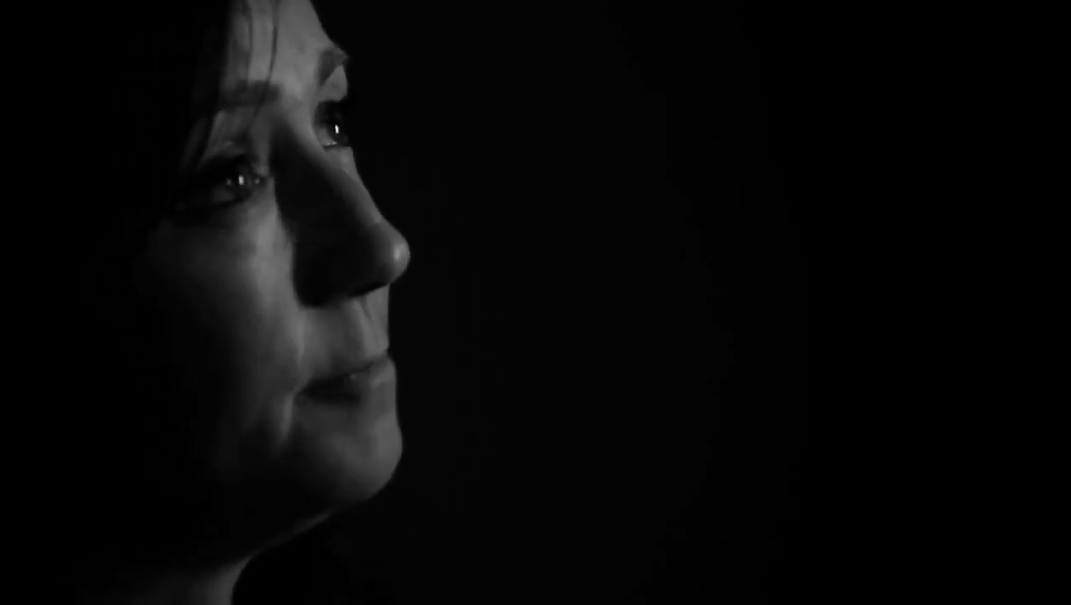
As Zoloft is so addictive, developing a dependency on this drug is more common than you may think.
Some studies indicate that up to 50% of people treated with Zoloft or other SSRIs may develop an addiction. [2]
This number is higher in those that use Zoloft illegally, without a prescription.
Zoloft is one of the most commonly-abused prescription drugs available, and this may be because it is often prescribed to treat mental health conditions such as depression or anxiety.
It’s important to follow your doctor’s instructions and let them know if you are concerned that you may be developing an addiction to Zoloft.
What are the Signs and Symptoms of a Zoloft Addiction?
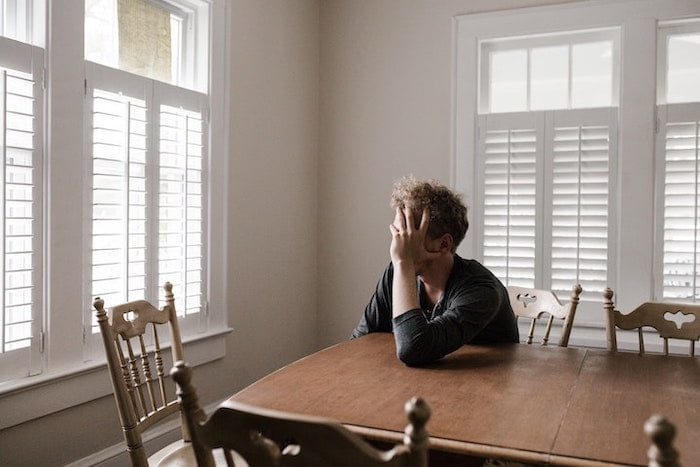
If you are addicted to Zoloft, it may take some time before you recognise the signs of dependency within yourself.
This is even more true if you have been prescribed this medication by a doctor, as you may not realise that you are addicted until you attempt to stop using Zoloft.
Common signs of a Zoloft addiction may include:
- Trying to stop using Zoloft but being unable to
- Visiting more than one doctor to get several prescriptions for Zoloft
- Stealing Zoloft from others
- Buying Zoloft illegally on the internet
- Needing to take more Zoloft to experience the same effects
- Taking Zoloft even when it is not needed
- Prioritising taking Zoloft over other responsibilities
- Falling behind at school or work due to Zoloft use
- Continuing to take Zoloft despite negative consequences
For a free and confidential assessment over the phone, call the OK Rehab team on 0800 326 5559.
What are the Short-Term and Long-Term Effects of a Zoloft Addiction?

While using Zoloft legally and as prescribed can help with your mental health, this medication also comes with a range of short and long-term side effects.
If you are using Zoloft illegally and/or recreationally, these effects are likely to be heightened. You are also putting yourself at risk of overdose.
Short-term effects of using Zoloft include:
- Feeling dizzy
- Frequent headaches
- Tiredness and fatigue
- Loss of appetite
- Digestion problems
- Uncontrollable tremors
- Excessive sweating
- Feeling restless and on edge
Long-term effects of using Zoloft include:
- Weight gain
- Memory loss
- Loss of sex drive
To stop safely taking Zoloft, you will need to complete a supervised detox.
Detoxing from Zoloft (Sertraline) Safely and Successfully

Below, we will guide you through everything you need to know in order to safely and successfully detox from taking Zoloft (Sertraline).
1. Do I need to detox from Zoloft?
If you can relate to any of the following sentences, you will likely need to safely detox from Zoloft.
- I am taking Zoloft without a prescription
- I have developed a tolerance to Zoloft
- I believe I have become addicted to Zoloft
- I am experiencing uncomfortable side effects from Zoloft
- My doctor would like me to stop taking Zoloft
- I have recently become pregnant
You must never change your Zoloft dosage or stop using it without first speaking to your doctor.
You should also never stop taking Zoloft cold turkey as this could be potentially dangerous.
2. Is it safe to detox from Zoloft?
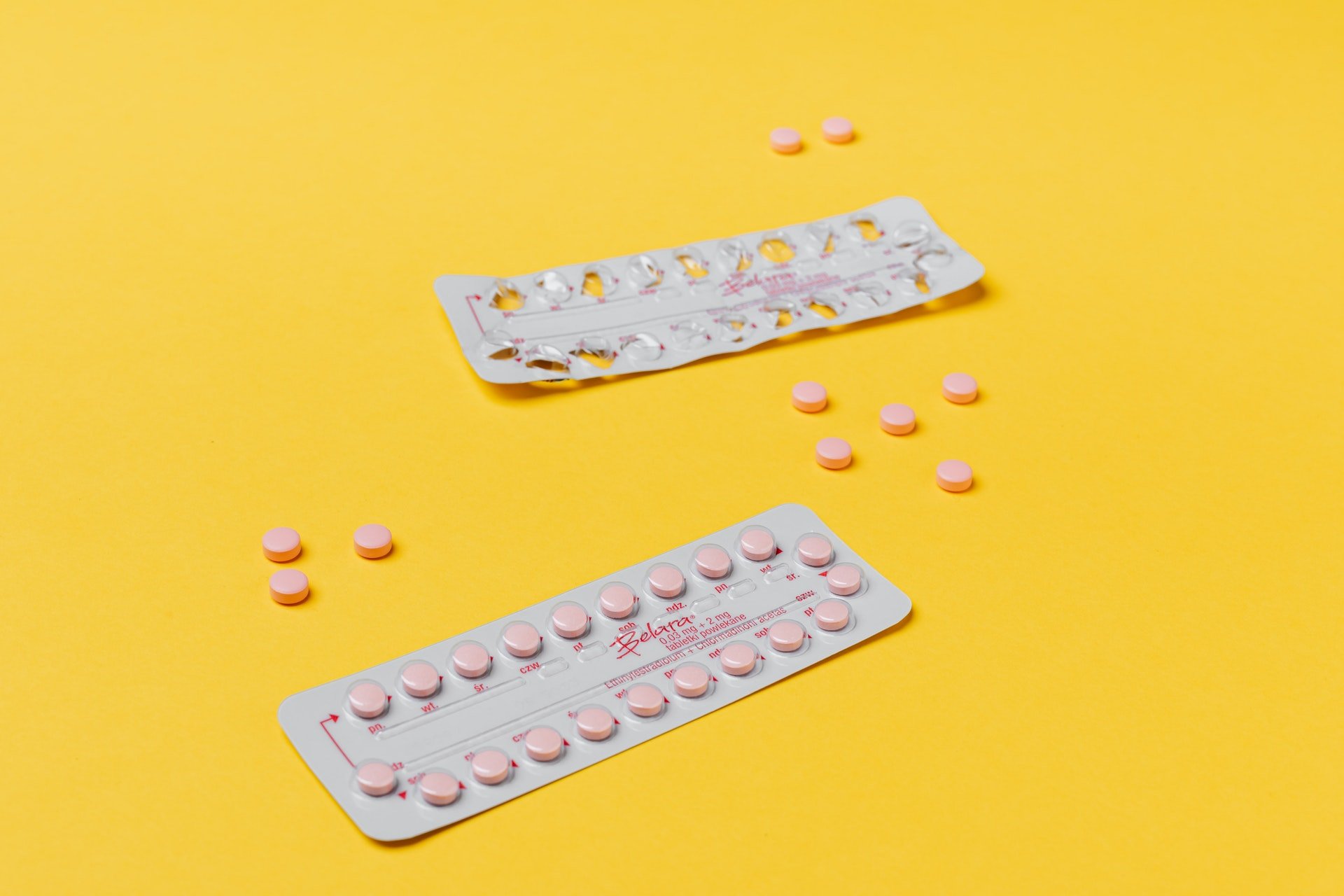
If you are detoxing from Zoloft in a medical environment with adequate supervision, then the process is extremely safe.
You should always speak to your doctor before making any changes to your Zoloft dosage, including tapering off.
If you are using Zoloft illegally and attempting to detox by yourself, this could potentially become a dangerous situation.
Some withdrawal symptoms can be severe, such as seizures and the risk of dehydration.
3. Where can I detox from Zoloft (Sertraline)?
The best place to detox from Zoloft is at a rehab clinic specialising in Zoloft use and addiction, particularly if you have been using this medication without a prescription.
This is a safe and comfortable environment where you can go through the detox process under the care of medical professionals.
They will design a personalised detox schedule for you and help to make the process as comfortable as possible.
If you would like assistance with finding a suitable rehab clinic, call us on 0800 326 5559 and we will be happy to help.
Going Through Zoloft Withdrawal

Here, we will guide you through what you should expect during the withdrawal process of Zoloft (Sertraline).
1. What is Zoloft withdrawal and why does it happen?
When you stop taking Zoloft, you are likely to experience withdrawal symptoms.
Your brain and body can become used to functioning alongside Zoloft and may adapt to this new process.
When your dosage of Zoloft is suddenly reduced or completely stopped, your brain and body need some time to catch up.
This can result in withdrawal symptoms as they struggle to rebalance themselves. [3]
If you are addicted to Zoloft, psychological withdrawal symptoms such as intense cravings may also be apparent.
Some withdrawal symptoms can be dangerous, which is why it is always recommended that you detox under professional medical care.
If you slowly taper off your dosage of Zoloft then you are less likely to experience severe withdrawal symptoms.
2. What are some withdrawal symptoms that I may experience when detoxing from Zoloft?
It’s not uncommon for people to experience withdrawal symptoms when detoxing from Zoloft.
To mitigate these, you should gradually lower your dosage over some time instead of going cold turkey.
Common Zoloft withdrawal symptoms include:
- Nausea and vomiting
- Insomnia
- Tinnitus
- Seizures
- Tremors
- Feeling dizzy
- Increased anxiety
- Frequent mood swings
- Feeling irritable and agitated
- Sweating
- Lethargy
You may experience the above withdrawal symptoms around two or three days after you begin to lower your dosage of Zoloft.
Some people may experience more severe symptoms than others, and this is due to a range of factors including your physical health, age and how long you have been taking this medication.
3. How long will I experience Zoloft withdrawal symptoms?

Everyone detoxes from Zoloft (Sertraline) differently, so your detox timeline may not be the same as someone else’s.
In general, Zoloft withdrawal symptoms will last for between 1-3 weeks depending on how long you have used this medication and how much you were taking.
The longer you used it and the higher dosage you took, the longer it will take for your withdrawal symptoms to subside.
In some cases, you can continue to experience symptoms for several months or even up to a year.
4. How are Zoloft withdrawal symptoms treated?
Zoloft withdrawal can be uncomfortable, but there is treatment available to you during this time.
You will be closely monitored by your doctor as you move through the withdrawal process, particularly if you attend a rehab clinic.
Zoloft withdrawal symptoms can be treated by getting lots of rest, drinking plenty of water and undertaking light exercise.
It is also recommended that you avoid alcohol and caffeine during this time.
You may be prescribed various medications to help you through the process if it is believed that you will benefit from them.
To avoid the most uncomfortable withdrawal symptoms some people may be able to switch to a different antidepressant that will be easier to detox from, but you will need to speak to your doctor about this potential option.
5. How can I manage Zoloft withdrawal symptoms?

As well as the above treatment tips, there are several ways that you can manage Zoloft withdrawal symptoms and help yourself move through this process more comfortably.
Speak to someone about how you are feeling – this may be a professional counsellor or simply a trusted friend or family member.
Healthily expressing your feelings can help you to feel more in control and able to deal with any uncomfortable withdrawal symptoms.
Eat a healthy and nutritious diet containing lots of fruit and vegetables while you go through the withdrawal phase. This will ensure that your body has all the nutrients it needs to heal and recover.
Finally, make sure you get enough sleep – this can be difficult if you are struggling with insomnia as one of your withdrawal symptoms, but resting and relaxing as much as possible will help to keep your mental health in check during this time.
References
[1] https://www.ncbi.nlm.nih.gov/books/NBK547689/





